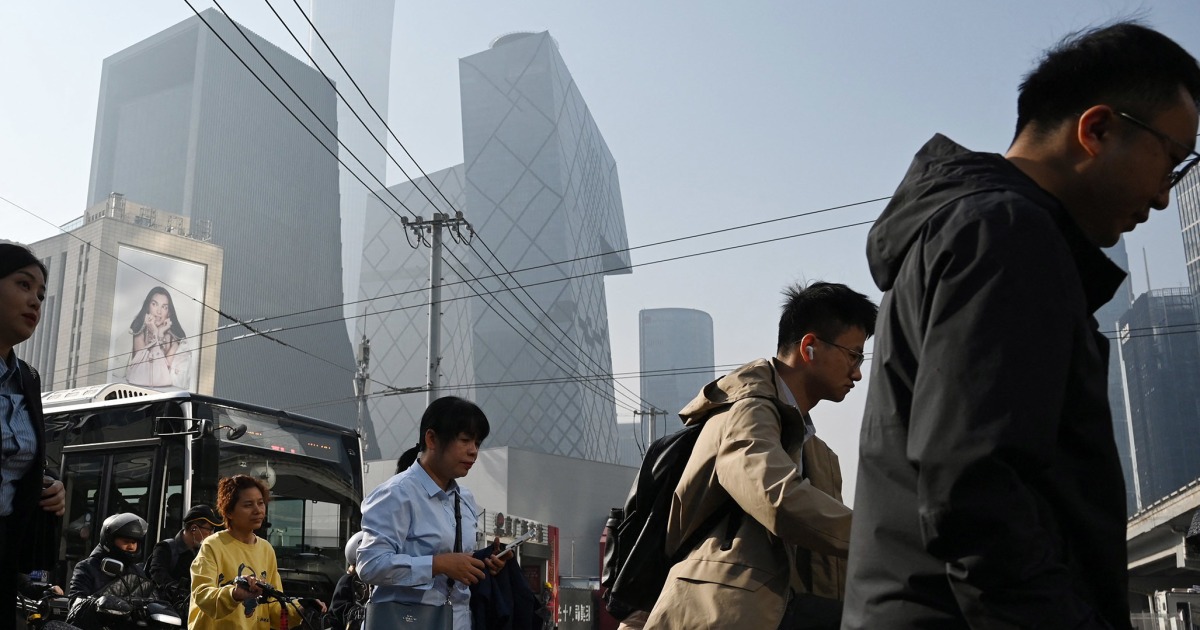
China also has a strong distaste for Trump’s negotiating style, which is to curse, blast and push adversaries around to achieve maximum concessions, Wu said. Such tactics reinforce China’s impression that the U.S. is trying to block its development.
China “is not afraid of any unreasonable suppression,” the country’s president Xi Jinping said Friday in his first public comments on tariffs since Trump began hiking them last week. He did not mention the U.S. by name.
“Regardless of how the external environment changes,” he said, “China will remain confident and focused, concentrating on doing its own thing well.”
Stability as the goal
Even as the escalating U.S.-China trade conflict has sent alarm bells ringing globally, experts say China is driven by a desire for stability, which its government prizes more than almost anything else.
Much of China’s modern history has been marked by the opposite of stability. In just over a century, tens of millions of Chinese people are estimated to have been killed by civil war, famine and two world wars. That’s on top of what China calls its “century of humiliation” from 1839 to 1949, when the country was plundered by colonial powers, memories of which still influence policy today.
In the decades after China began to reform and open up to international trade in 1978, its economy skyrocketed, lifting more than 800 million people out of poverty and making China one of the biggest winners from globalization, even as other countries accused it of not always playing by the rules.
Partly for that reason, China is also trying to use the tariff chaos to position itself as a broker for global stability and a defender of free trade alongside traditional U.S. allies.
In a meeting in Beijing on Friday with Spanish Prime Minister Pedro Sánchez, Xi said that China and the European Union must join forces to promote globalization and “jointly resist unilateral bullying.”
Such entreaties are complicated, however, by existing disputes with Europe, which seeks a more balanced trading relationship with China and is worried that U.S. tariffs will redirect more cheap Chinese exports toward its market.

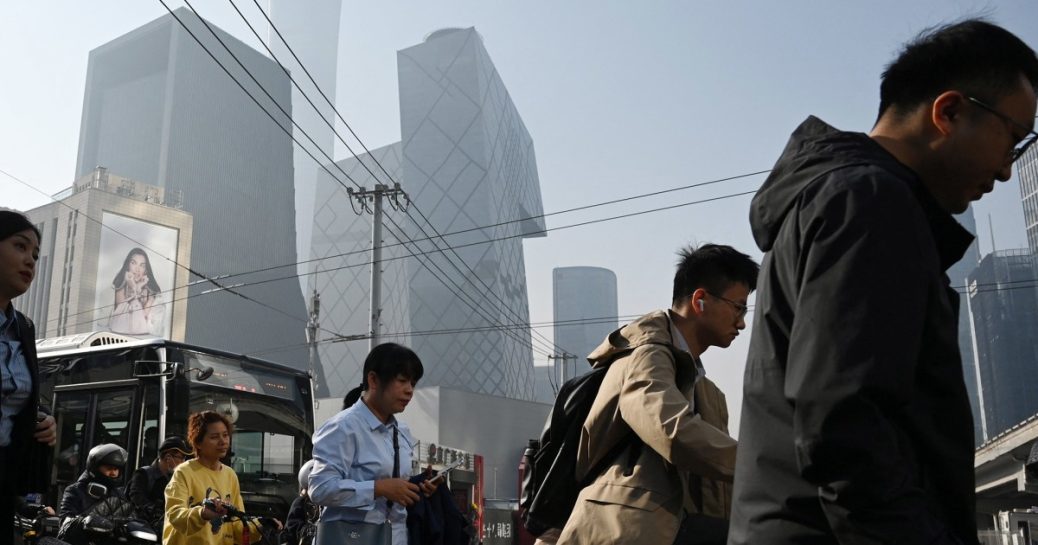
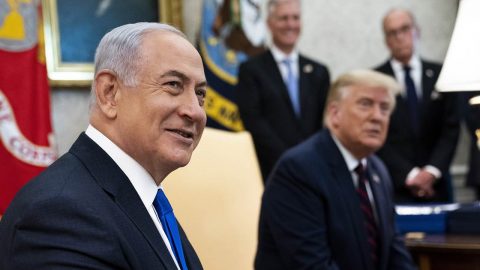
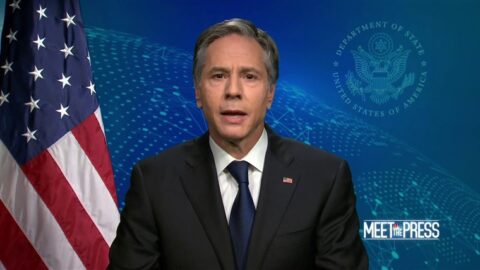


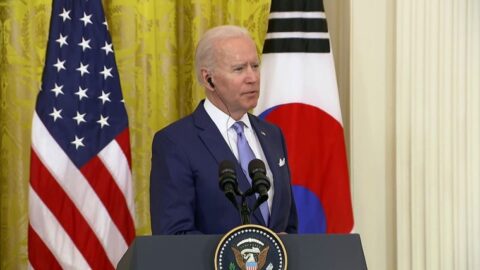
Recent Comments